
Research 1: Big Data Mining and Analytics
This research focuses on mining and analyzing large-scale multi-omics datasets—including genomics, transcriptomics, proteomics, and metabolomics—from diverse cotton germplasm and engineered lines. By integrating data from natural variation, synthetic constructs, and edited traits, we aim to identify key regulatory networks and candidate genes related to insect resistance, herbicide tolerance, and cottonseed quality. Advanced machine learning and statistical modeling will be employed to predict gene functions, prioritize engineering targets, and guide rational design.
The outcomes will provide a data-driven foundation for synthetic biology design, trait optimization, and intelligent decision-making in cotton breeding and metabolic engineering.
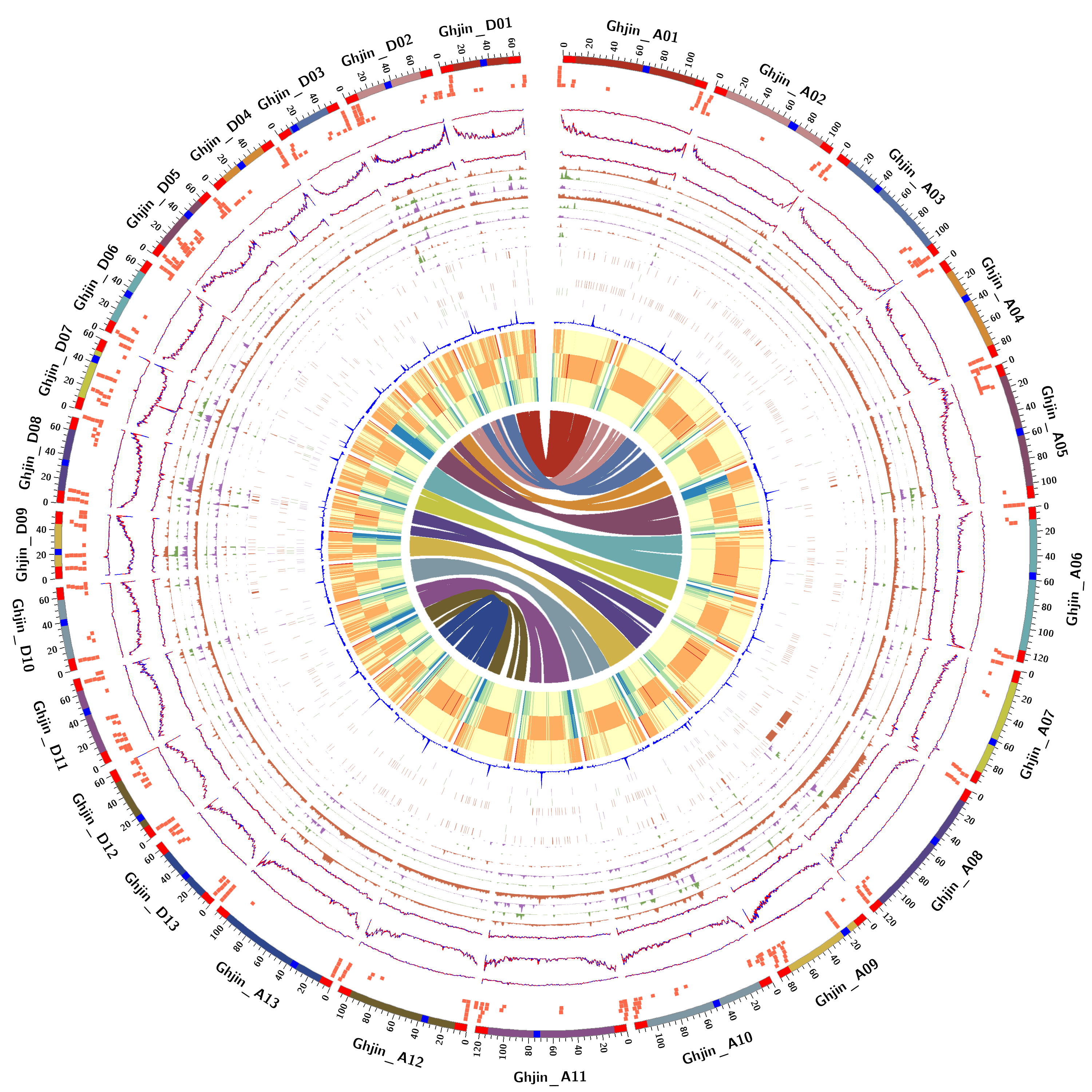
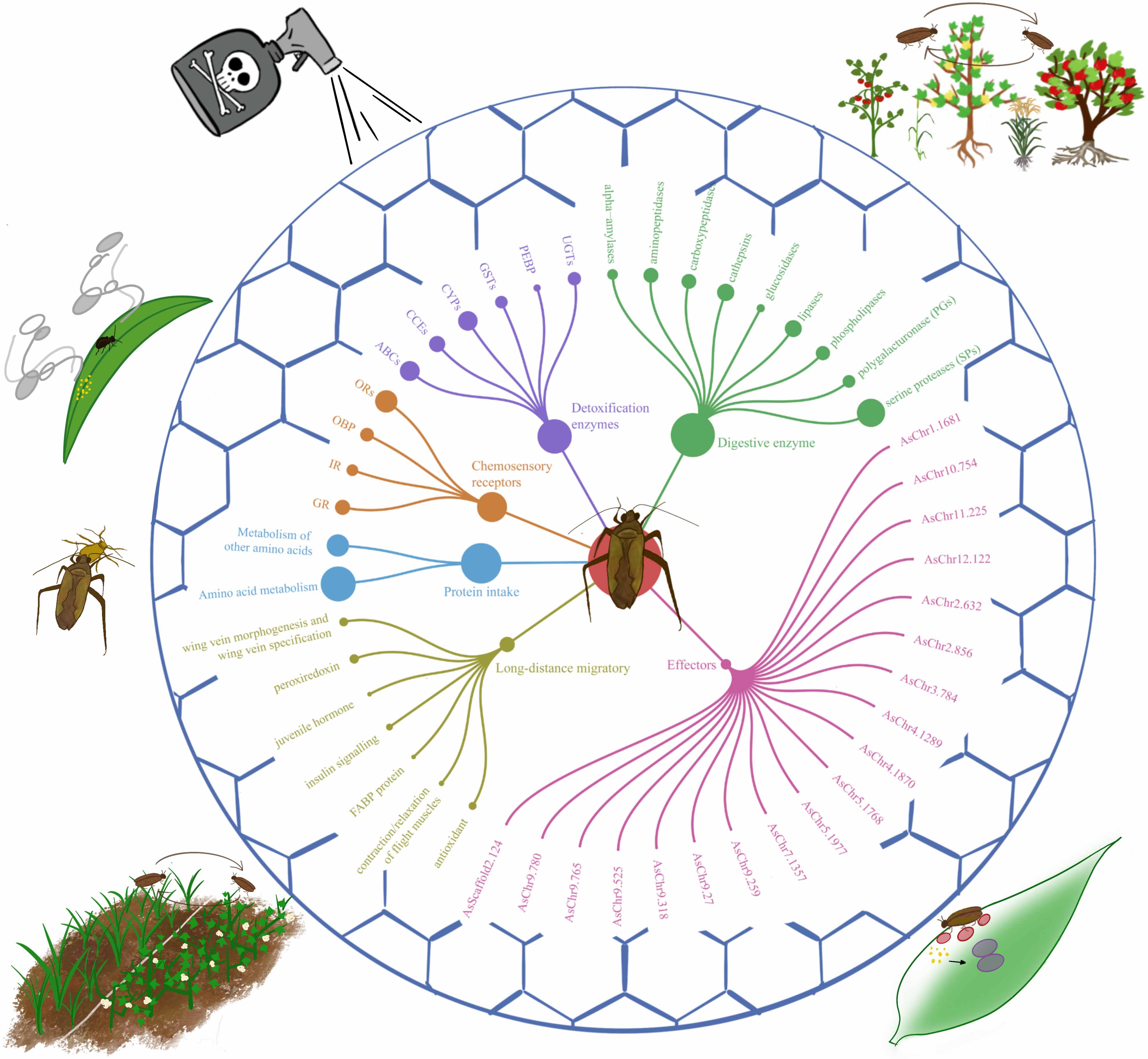
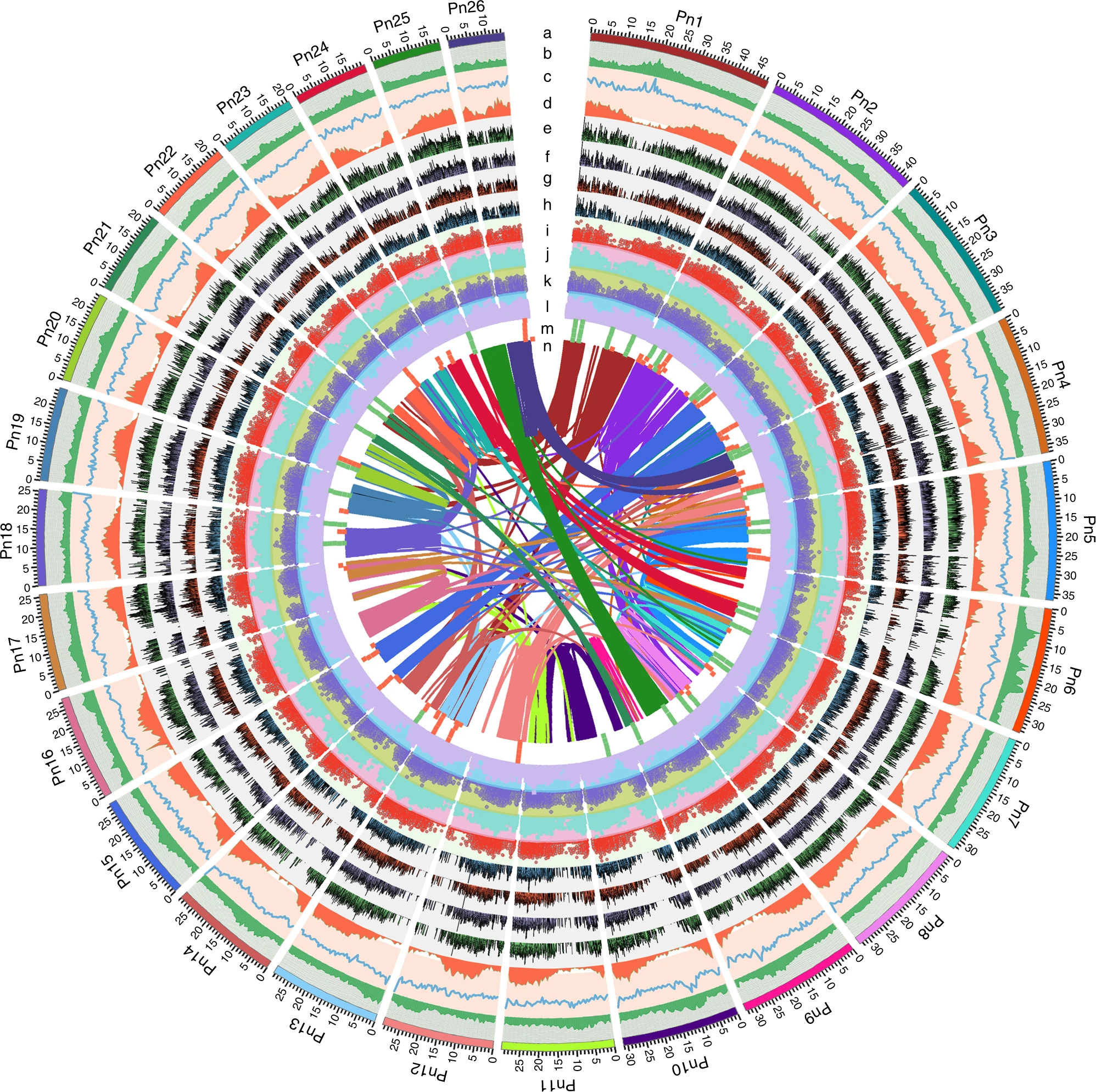

Research 2: Biotechnology (CRISPR and Synthetic Biology) Development
This research aims to develop advanced biotechnological tools centered on CRISPR-based genome editing and synthetic biology for cotton improvement. We will design efficient editing systems—including base editors, prime editors, and multiplex CRISPR constructs—to precisely modify genes associated with insect resistance, herbicide tolerance, and cottonseed traits.
In parallel, we will construct modular synthetic biology toolkits, such as tissue-specific promoters, inducible switches, and chassis vectors tailored for cotton. These tools will enable the precise control of gene expression and the introduction of novel biosynthetic pathways. Our goal is to establish a versatile, high-efficiency platform for engineering complex traits and accelerating the translation of molecular designs into elite cotton varieties.

Research 3: Cotton-Insect Interaction
This research focuses on elucidating the molecular mechanisms underlying cotton-insect interactions to support the development of insect-resistant cotton varieties. Using transcriptomic, proteomic, and metabolomic approaches, we will identify key defense-related genes, regulatory networks, and metabolite signatures activated in response to major insect pests. Functional validation through gene editing and transgenic analysis will help uncover critical insect resistance pathways. We will also explore insect feeding behavior, detoxification mechanisms, and potential resistance-breaking adaptations.
These insights will guide the design of synthetic gene circuits and enable the deployment of durable insect resistance traits in cotton. The findings will provide essential targets for both breeding and biotechnological intervention.
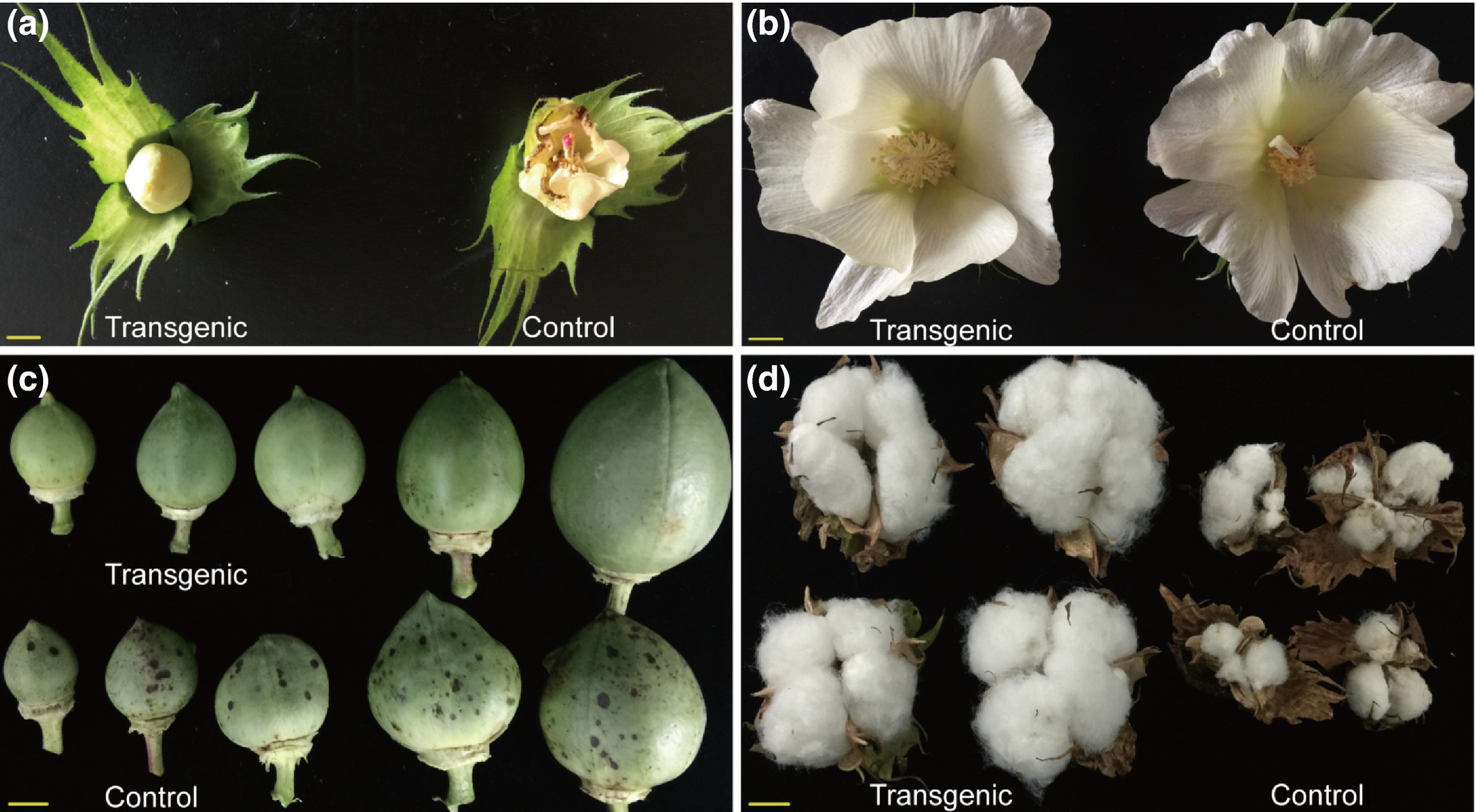

Research 4: Genotype-Independent Efficient Transformation System
This research aims to establish a robust, genotype-independent transformation system to facilitate the application of synthetic biology and genome editing in diverse cotton varieties. We will optimize tissue culture protocols and regeneration systems, including shoot apical meristem (SAM)-based and callus-free regeneration strategies. Multiple delivery methods—such as Agrobacterium-mediated transformation, particle bombardment, electroporation, and viral delivery—will be systematically evaluated and improved.
In particular, we will explore cotton-compatible viral vectors for transient and stable gene delivery, enabling rapid functional validation and trait introduction. The integration of developmental regulators and morphogenic genes will further enhance transformation efficiency. Our goal is to build a universal, high-efficiency platform for cotton genetic improvement across genotypes.
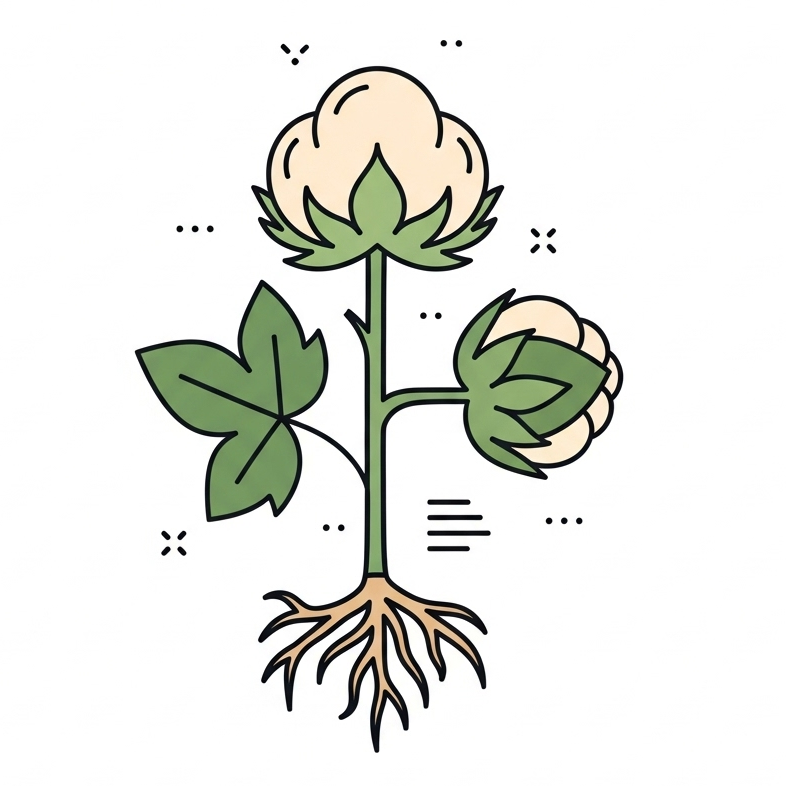
Research 5: Cotton Ideotype Breeding
This research focuses on the design and development of cotton ideotypes with optimized plant architecture, stress resilience, and high-value seed traits. Using trait-guided breeding strategies combined with synthetic biology and genome editing, we aim to fine-tune key regulatory genes involved in branching, flowering time, fiber development, and seed composition. Multi-omics analysis and phenotyping platforms will be employed to dissect trait-genotype relationships and identify elite alleles. Molecular modules conferring insect resistance, herbicide tolerance, and enhanced seed oil/protein content will be rationally assembled into elite backgrounds.
Ultimately, we seek to develop next-generation cotton varieties with superior yield, adaptability, and multi-trait integration to meet future agricultural and industrial demands.

Research 6: Comprehensive Database Development
This research aims to build an integrated, user-friendly database system to support cotton synthetic biology and precision breeding. The platform will curate and standardize multi-omics datasets, including genome assemblies, gene annotations, regulatory elements, metabolic pathways, and trait-associated variants across diverse cotton germplasm. It will incorporate tools for sgRNA design, gene circuit simulation, pathway reconstruction, and trait prediction. Advanced visualization modules and APIs will facilitate data access and interoperability. The database will also host phenotypic, transformation, and functional validation records linked to specific constructs and genotypes.
Ultimately, this resource will serve as a central hub for data-driven design, trait optimization, and knowledge sharing across cotton research and breeding communities.










